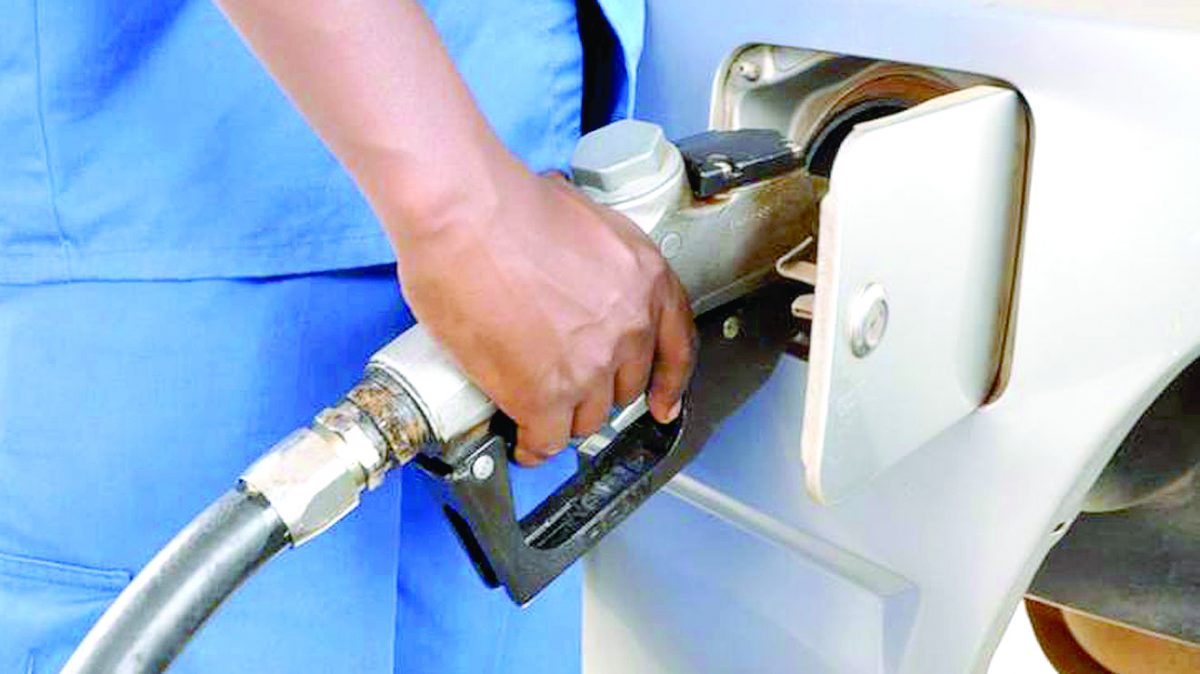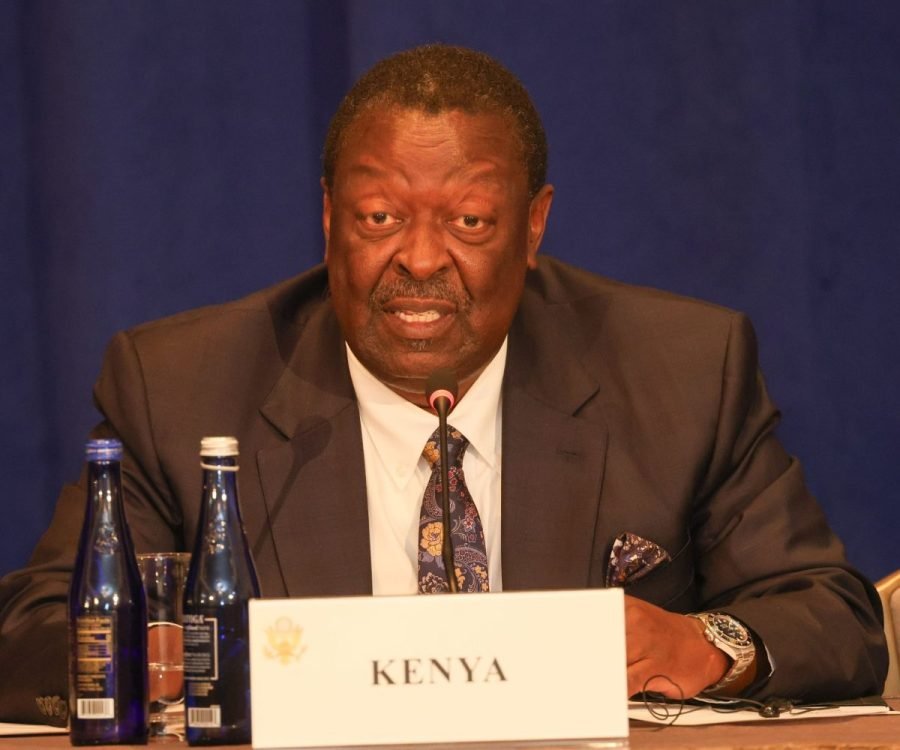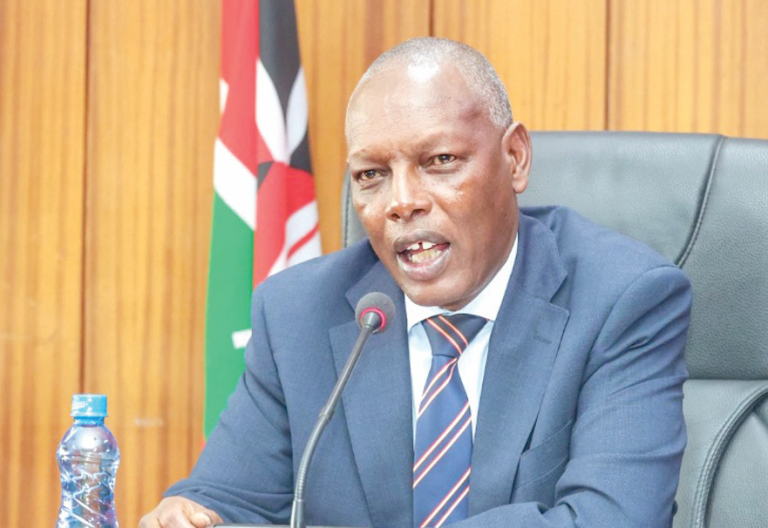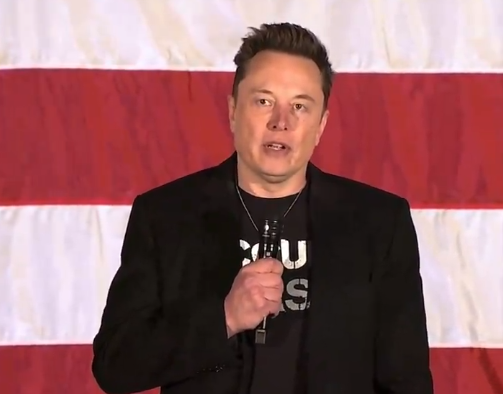Fuel deal picks amid court case

Energy and Petroleum Regulatory Authority (EPRA) has maintained a cross-subsidy fuel strategy that has left pump prices unchanged for two consecutive months amid a court suit challenging the move.
The cross-subsidy plan has seen petrol users being charged an extra Sh12.39 per litre to partly cater for the oil marketers’ margins while diesel users pay Sh2.54 per litre.
“The price of diesel has been cross-subsidised with that of super petrol while a subsidy of Sh19.41 per litre has been maintained for Kerosene in order to cushion consumers from the otherwise high prices,” EPRA said in the latest February fuel price review.
Development levy
“The government will utilise the Petroleum Development Levy to compensate oil marketing companies for the difference in cost,” it added.
This has seen the cost of fuel remain unchanged until March 14, affording Kenyans a slight relief amid the high cost of living.
The cost of a litre of petrol in Nairobi will retail at Sh177, diesel at Sh162 and kerosene going for Sh145.94. The last time the pump prices changed was last November when the cost of the three products decreased by a shilling after successive monthly increases across 2022.
In Mombasa, a litre of petrol will retail at Sh174.98 and diesel at Sh159.76 while in Kisumu, the two commodities will cost Sh177.50 and Sh162.70 per litre, respectively.
The energy regulator maintained the fuel prices despite a slight decrease in the landing cost of the commodities. The average landed cost of imported Super Petrol decreased by 0.12 per cent from $660.65 in December 2022 to $659.87.
The government compensates oil majors the remaining difference in costs through the utilisation of the petroleum development levy.
In the court suit in Mombasa, the petitioner wants the court to reverse this plan, arguing that it is unconstitutional and illegal. If reversed, diesel consumers will be exposed to higher pump prices compared to what they are paying currently.
With the cross-subsidy, an economy that is largely diesel-dependent means that petrol users, mainly middle-class citizens, are paying more to ease pressure on the government’s effort to sustain the subsidy programme.












